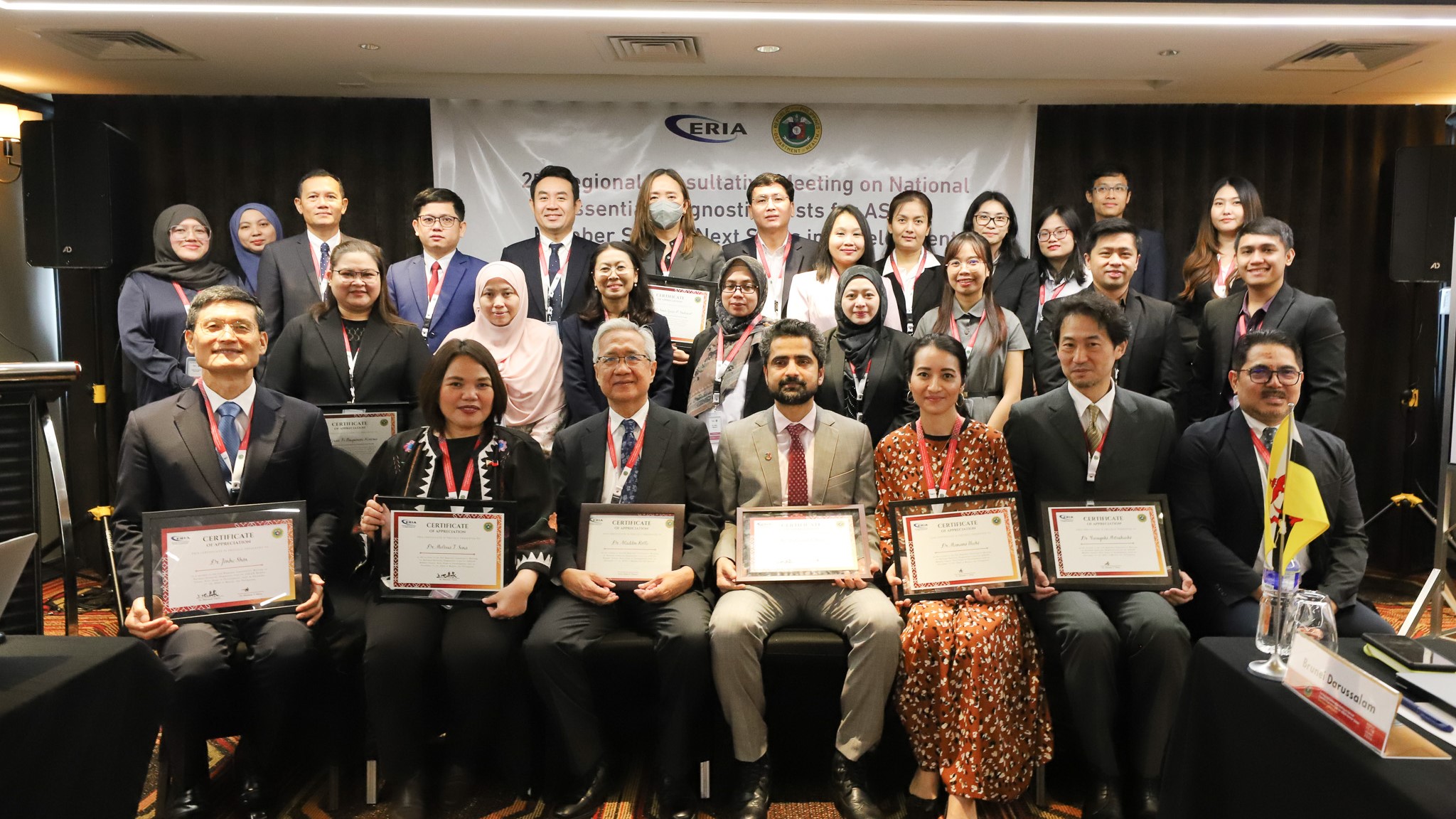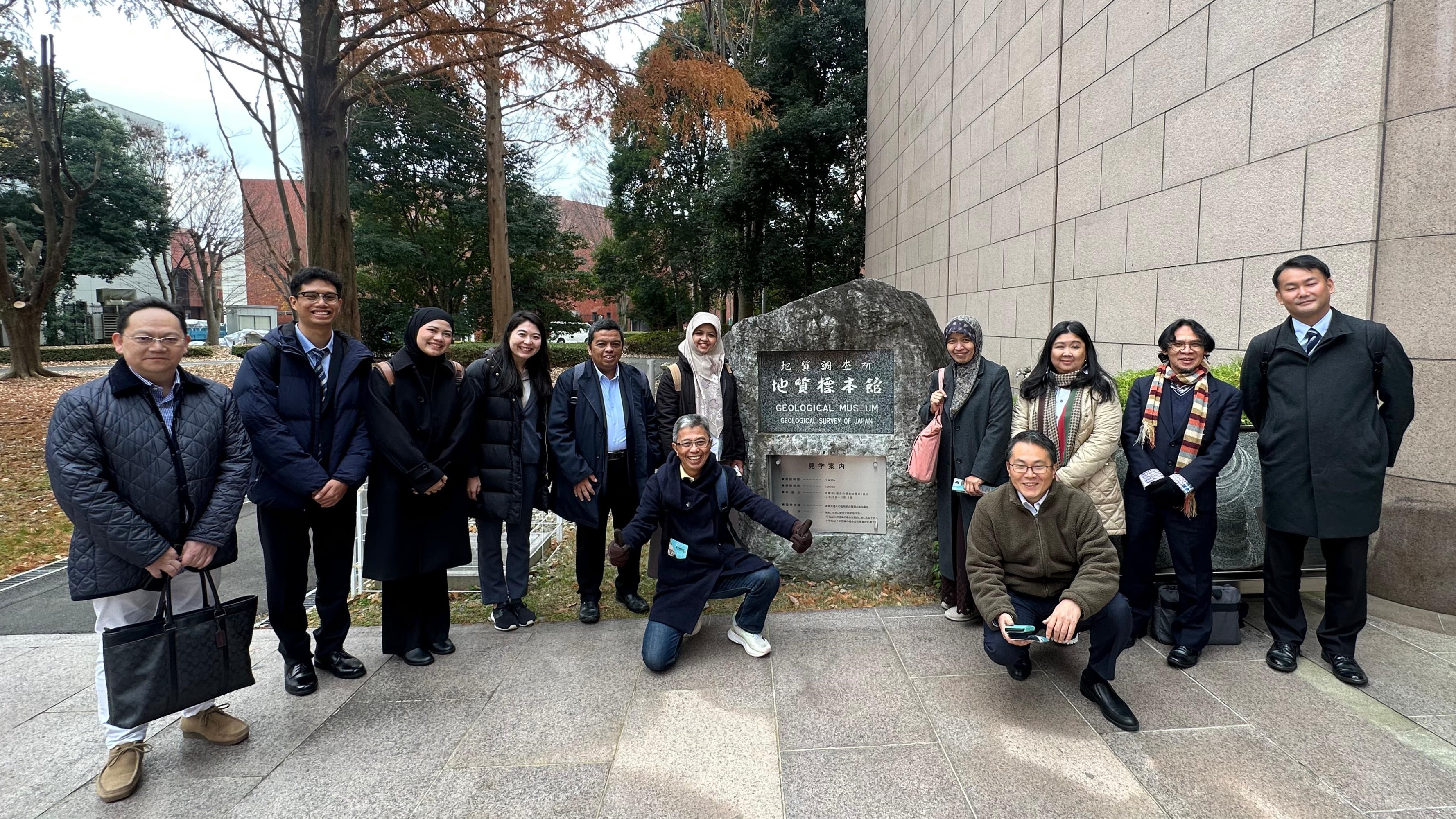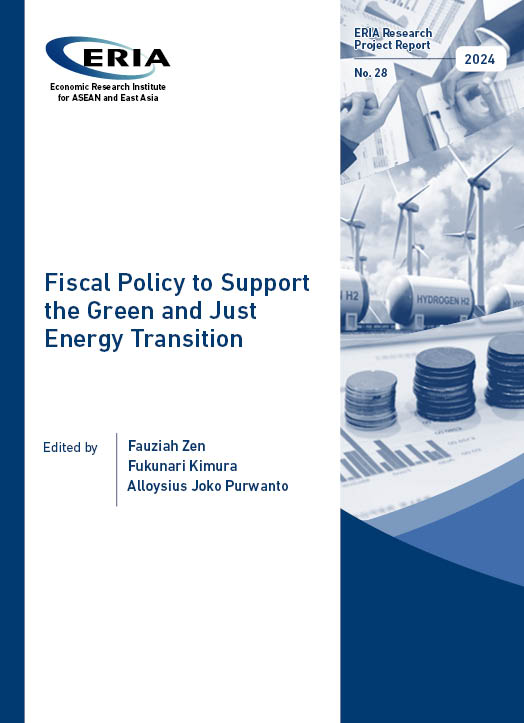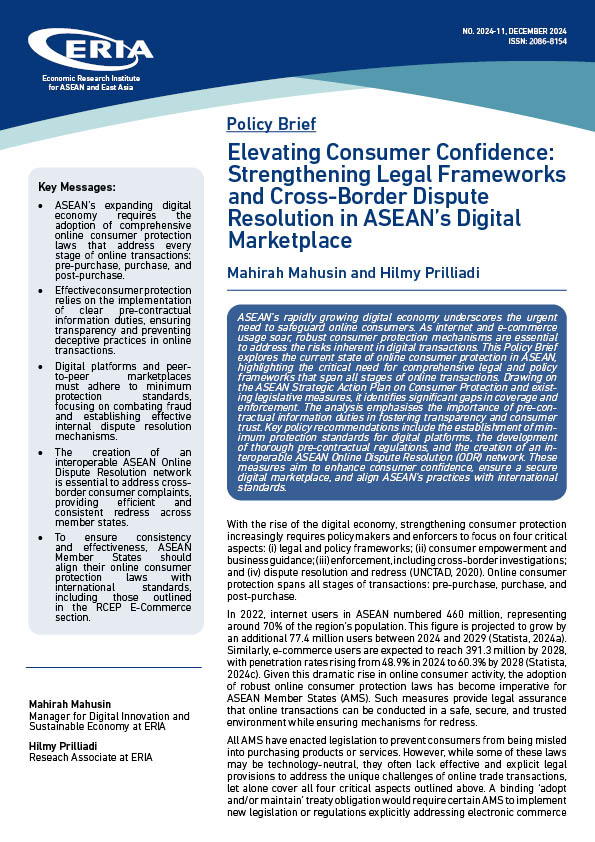[Op-ed] Why the COVID-19 Vaccine should be Mandatory
Date:
17 September 2020Category:
-Topics:
-Share Article:
Print Article:
By Dr Fauziah Zen, Senior Economist: As governments, research organizations, and pharmaceuticals race to find viable vaccines for the novel coronavirus, a recent survey published in the Lancet found that only 67 percent of the United States population would accept a vaccine for COVID-19 if it was recommended for them. Within weeks of the survey, a major vaccine trial at Oxford University was paused after a participant fell ill. This may confirm the suspicions of those afraid of vaccinations, however the pause in the development of the vaccine after one participant out of 30,000 fell ill shows that the researchers are following strict safety protocols. The question is: once the vaccines hit the market, what then? From the perspective of maximum social welfare, everyone should be vaccinated.
Globally, as of 10 September 2020, there have been more than 27 million confirmed cases of COVID-19. Southeast Asia contributes about 5.1 million cases, exceeding Europe at 4.6 million cases. More than 899 thousand people have died, and the number is still climbing. The estimates of the cost to the global economy range from $5.5tn to $8.8tn, according to Asian Development Bank.
Sadly, nobody knows if or when humans can fully control this pandemic, and the world can return to normal. Prominent research institutes and big pharma have been working fiercely to develop the anti-virus, and some of them are now reaching phase III, the latest stage of clinical trials. The pandemic has significantly changed how vaccines are developed and approved, speeding development from years to less than a year.
When a vaccine is ready to produce, the world needs more than 7.5 billion doses. And if each person needs two doses, that figure is doubled. It is a massive demand that producers cannot fulfill by 2021, even if the vaccines obtain approval by the end of 2020. Equitable allocation of vaccines will be the most challenging task due to short supplies.
Two critical questions emerge: Should the government make it mandatory? How should vaccines for COVID-19 be allocated?
For the first question, we can apply an economic theory of ‘merit goods’. Merit goods are characterized by their meritorious impact and despite the fact that they are not typically public goods, pubic funds may be used to provide them for mass consumption (Musgrave, 1959, 1998). Economic discourses may contest the position of merit goods, but public policy applies them in practices. Primary education and healthcare are among the most common merit goods recognized in many countries, especially in countries with substantial welfare states.
How does the COVID-19 vaccine fit within this analysis?
The arguments for coercion to consume merit goods include the potential for people's to act irrationally, increasing consumption of important goods for the beneficiaries, and maximization of social welfare. Social welfare is the most critical argument for the COVID-19 vaccine viewed as merit goods. Culyer (1971), a prominent British health economist, argued that externalities in merit goods could serve as a justification for the government to intervene in the market. The global loss from the COVID-19 pandemic is huge and still counting if the world fails to control it.
There are both positive and negative externalities in imposing the COVID-19 vaccine. Positive externalities include additional protection to large populations, which can reduce infection transmission, thus reducing health workers' burden and freeing up spaces in hospitals for non-COVID-19 patients. It also reduces both private and public costs for COVID-19 patients’ treatment and prevents productivity loss from infected people. The treatment costs for one COVID-19 patient could reach tens of thousands of dollars, far higher than the deemed maximum price of the vaccine at $40 per dose (GAVI Alliance).
On the other hand, negative externalities of not being vaccinated mainly come from negative impacts. A non-vaccinated person potentially becomes a virus spreader and infects others who are not yet vaccinated and those who have been vaccinated, but have yet developed the antibody. Economic costs include: high treatment costs, productivity loss, overwhelmed health workers, and crowding out non-COVID-19 patients. Mandatory vaccination deals with social welfare maximization. It is not about the government overruling the individual preference for the risk of isolated impacts. There is no place for selfish choice at this level of the pandemic. Each country also has a responsibility to control the virus. Especially as global connectivity is essential for economies, while the period of immunity is still unknown, failures to contain this virus in one country means a higher risk of triggering the next pandemic wave across other countries.
The World Health Organization (WHO), together with the Coalition for Epidemic Preparedness Innovations (CEPI) and Gavi, has formed COVAX, an initiative that aims to accelerate the development and manufacture of COVID-19 vaccines, and to guarantee fair and equitable access globally. Some countries have secured purchasing deals with several big pharma companies currently developing the COVID-19 vaccines, through COVAX or independently. However, given limited supplies and the time-critical nature, there are still concerns over the race between high-income economies, and the risk of leaving low-income economies behind.
Limited and incremental production of COVID-19 vaccines poses difficult challenges on ‘fair and equitable access’ criteria. Based on some assumptions, WHO Chief Scientist, Soumya Swaminathan, is hoping that there will be two billion doses available worldwide by the end of 2021. To reach herd immunity, the portion of the population with immunity should be at least 70 percent to 90 percent (D’Souza and Dowdy, John Hopkins School of Public Health). In other words, at least 5.5 billion people must be vaccinated for global herd immunity, and if it requires two doses per recipient, 11 billion doses will be required. Eleven billion doses are not likely by 2021. This constraint demands close and genuine cooperation among countries. The COVID-19 vaccines' provision and distribution are a collective responsibility because this is not a race that produces only one winner.
Paying the vaccine price is a big obstacle for many citizens in developing economies, many of whom already struggle during the prolonged pandemic. Another challenge comes from the people who are unwilling to take the vaccine shots because of their beliefs. Combining both challenges means a closed door to achieve herd protection. This, in turn, will not only hurt people through the disease but also through an economic downturn.
Neither tourists nor the businesses and investors will come to countries with high rates COVID-19 infections. And citizens from COVID-19 high-risk countries will be banned from entering pandemic-free countries. It also will drain the health budgets of hard-hit countries because the treatment costs are far higher than the price of the COVID-19 vaccine shots. It is clear that protecting the public’s health is interwoven with the goals of socio-economic recovery.
If the authority is willing to consider the COVID-19 vaccine as a merit good and provide mass vaccination, how should it be done?
Since the vaccine shots will be available only incrementally, it requires an effective way to allocate scarce goods to maximize the transmission control and minimize fatalities and treatment costs. Emmanuel et al. (New England Journal of Medicine, 2020) proposed four criteria of ethical values used for rationing scarce health resources, namely: (1) maximizing the benefits produced by scarce resources, (2) treating people equally, (3) promoting and rewarding instrumental value, and (4) giving priority to the worst off. The authors come up with six specific recommendations for allocating medical resources in the COVID-19 pandemic: maximize benefits; prioritize health workers; do not give on a first-come, first-served basis; be responsive to evidence; recognize research participation; and apply the same principles to all COVID-19 and non–COVID-19 patients.
Country experts can build a multi-value framework for allocating the resources, including the COVID-19 vaccines, using those ethical values as reference. Governments should maintain or develop at least three things: (1) transparent and equitable vaccine allocation drawn from the framework initiated by the experts panel and open for public discussions; (2) the vaccines' logistic system, which includes production, storage, projection, transport and distribution, and contingency scenarios; and (3) completing the regulatory compliance needed to work on the planning and implementation phases, including the involvement of subnational governments, private entities, and international communities.
For countries with challenging connectivity, they should pay close attention to distribution and storage. Transporting and storing vaccines typically requires a specific controlled environment, which the responsible stakeholders can prepare from now. Governments may think of the best way to set up the vaccines’ logistic system. It may also need to secure agreements with potential contractors, build additional facilities, and upgrade key people’s skills.
The clock is ticking, and amid health emergencies, the government should keep its focus on protecting the public’s health to protect the public’s socio-economic well-being.








